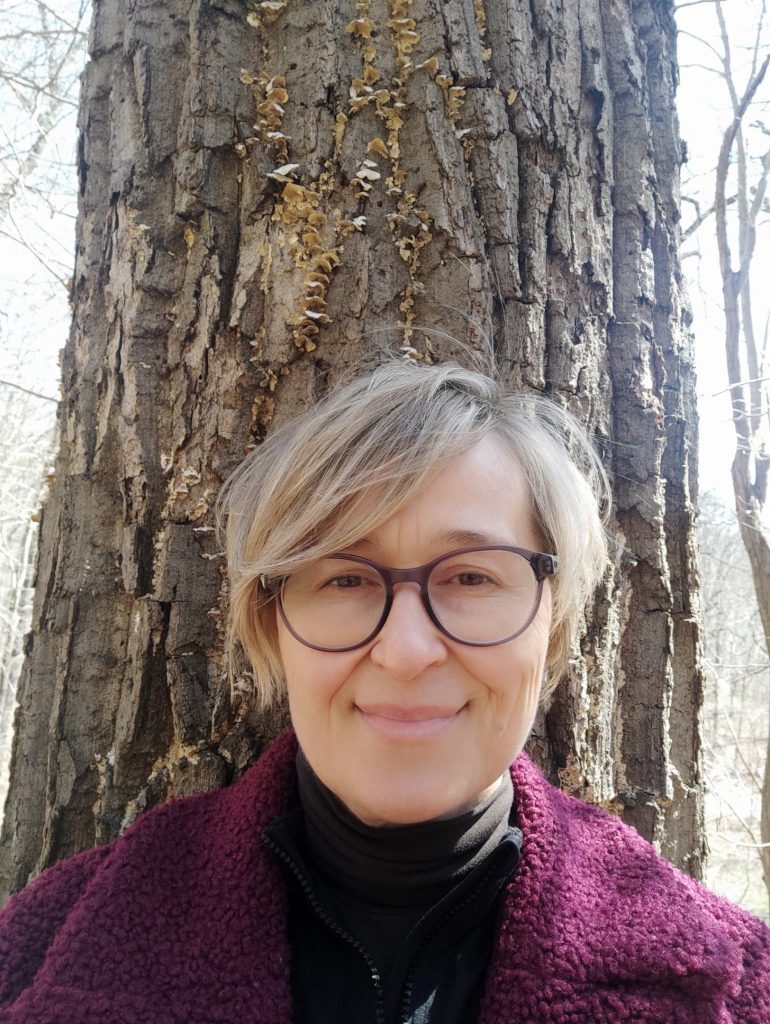
Gulnaz Sharafutdinova is Professor of Russian Politics and Director of Russia Institute at King’s College London. She is an author of The Afterlife of Soviet Man: Rethinking Homo Sovieticus (Bloomsbury 2023); an award-winning The Red Mirror: Putin’s Leadership and Russia’s Insecure Identity (Oxford University Press, 2020), an earlier book, Political Consequences of Crony Capitalism Inside Russia (Notre Dame University Press, 2010), and numerous articles. Her current research focuses on issues of social psychology of collective ressentiment, authoritarian governance and legitimation, and public opinion in Russia.
Professor Sharafutdinova has been employed at King College London since 2013. Prior to that she worked at Miami University (Ohio), in the USA. Her PhD degree was earned at the George Washington University (USA).
Gulnaz Sharafutdinova’s keynote talk abstract at the conference Cultural Heterologies and Democracy II:
The Post-Soviet Cultural Mélange: Looking for the Missing Ingredient in Russia and Beyond
This talk will entertain new answers to the puzzle of Russia’s lost post-Soviet transformation by inquiring into the dominant ideas, beliefs, and values shared by the reformers and the public in the 1990s. These intangible structures resulted from overlapping cultural predispositions characterizing late Soviet society and the new ideology associated with market-driven capitalism. This analytical frame will enable envisioning the economic and cultural elites in their ordinariness (as opposed to exceptionalism) and explain the political trajectory that resulted in the defeat of the liberal and reformist agenda under the current Russian government. The presentation will rely on the recent debate about the nineties initiated by the Anti-Corruption Foundation and their documentary “Traitors” to demonstrate some of the main observations. It will consider how these issues played out in countries other than Russia that have also gone through a painful transition period. It will conclude by discussing the need to examine the values and norms needed to transform society if the agenda of a new transition ever comes to the table again in Russia.
Full video of Gulnaz’s keynote talk on June 27, 2024: